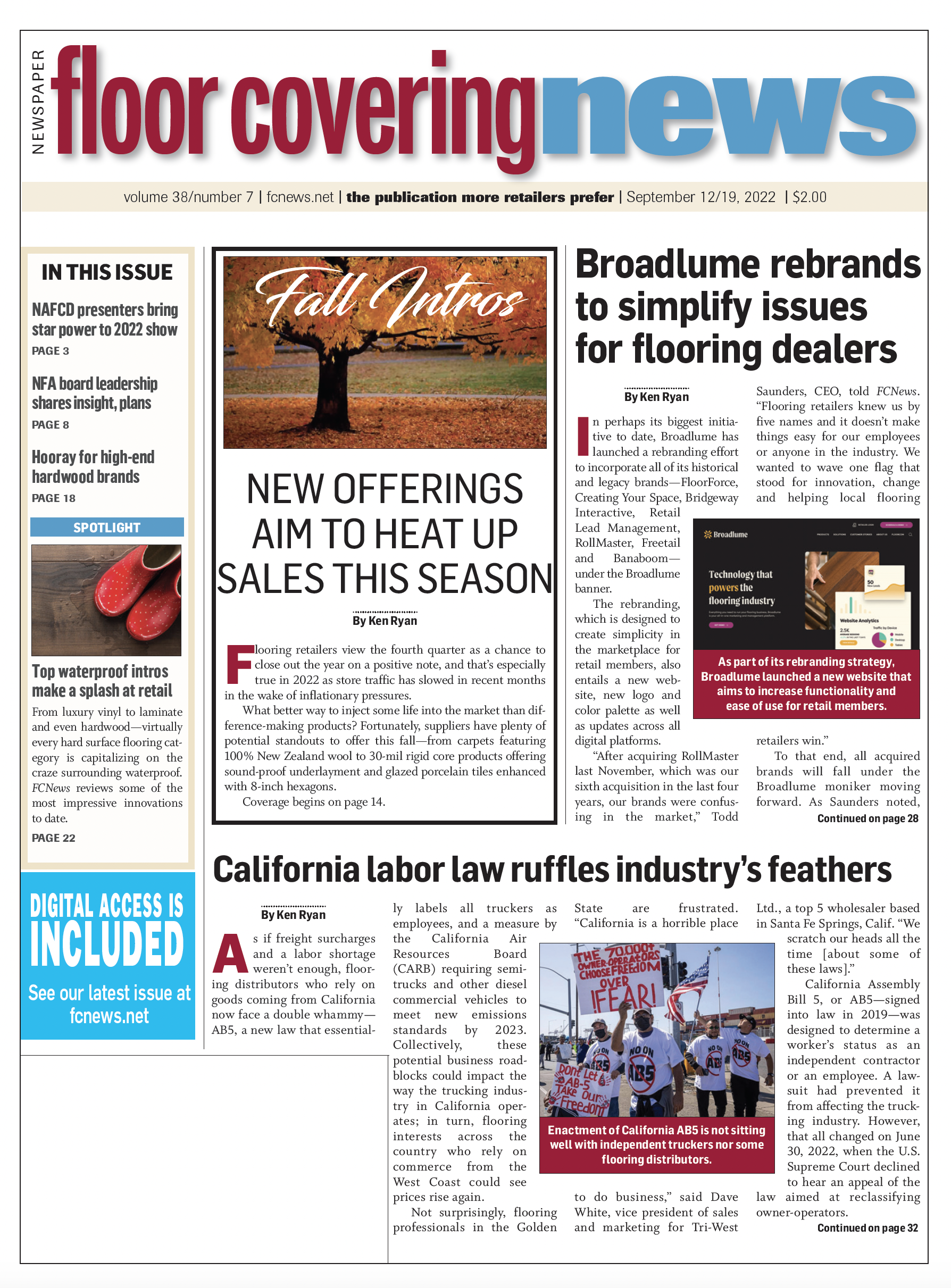 Jason Spangler—With today’s technology, moisture testing isn’t backbreaking work anymore. And yet some professionals still overwork themselves trying to get accurate moisture readings through unreliable or time-consuming methods. Sure, not all standards should change. But as the industry becomes more innovative, some standards need to be broken to create new ones.
Jason Spangler—With today’s technology, moisture testing isn’t backbreaking work anymore. And yet some professionals still overwork themselves trying to get accurate moisture readings through unreliable or time-consuming methods. Sure, not all standards should change. But as the industry becomes more innovative, some standards need to be broken to create new ones.
A good example of that is the calcium chloride (CaCl) test for concrete moisture measurement. This test has been used in the industry since the 1940s, but it’s time for a change. To start, the CaCl test takes 72 hours—48 hours longer than the standard RH test. It can also be difficult to set up. The concrete slab has to be prepped before each test, and the actual application requires you to bend over or kneel on the ground. It’s a very labor-intensive process.
“There’s no scientific documentation of why the original test conditions were established,” said Howard Kanare, author and technical director for Koster American Corp. “There are no reasons or published data for the dimension of the dish and dome, the amount of CaCl used, or even why CaCl was used in the first place.”
Surely there’s an easier way to do moisture testing? Relative humidity (RH) testing has been steadily gaining popularity because it addresses things the calcium chloride test just isn’t qualified to test. First and foremost, RH testing is backed by solid evidence. It was specifically designed and tested by researchers at Lund University in Sweden. Much of their research is what the ASTM F2170 standard outlines: The RH test provides a quantitative measurement of the moisture conditions within a concrete slab.
That valuable, internal data is something a CaCl test can’t provide since it only measures the surface conditions of the slab. With the RH testing method, you also get valid results in 24 hours. No more waiting for 72 hours. And since there are only so many hours in a day, imagine what it would be like to regain time for your building project.
What’s the best test?
Plain and simple, the relative humidity test using in-situ probes is your best bet. The ease of use and accuracy from these types of tests will save you time and money. RH testing with in-situ probes involves placing the probes at specific depths in the slab per ASTM F2170 standards. After the RH probes equilibrate, you can take measurements to assess the overall moisture condition of the slab. All you need to do is drill the hole, put the sensor in and gather your readings. Simple, easy and fast.
There are additional tools and technology you can pair with in-situ probes to help you gather the data. Some companies offer an app users can download on their smartphone that will gather and store readings. Having a central digital storage location for your readings means your hard work is protected should there be any damage in the future.
Bottom line: Don’t gamble away your hard work with an unscientific test. RH testing is the most reliable method because it reveals the true moisture condition within concrete slabs—something the CaCl test can’t do.
If you want to take steps to avoid flooring disasters, the Rapid RH test system just may be the right one for you.
Jason Spangler, sales manager for Wagner Meters, has more than 25 years’ experience in sales and sales management across a broad spectrum of industries. He has extensive industry involvement with groups such as the NWFA, CFI and FCICA.

